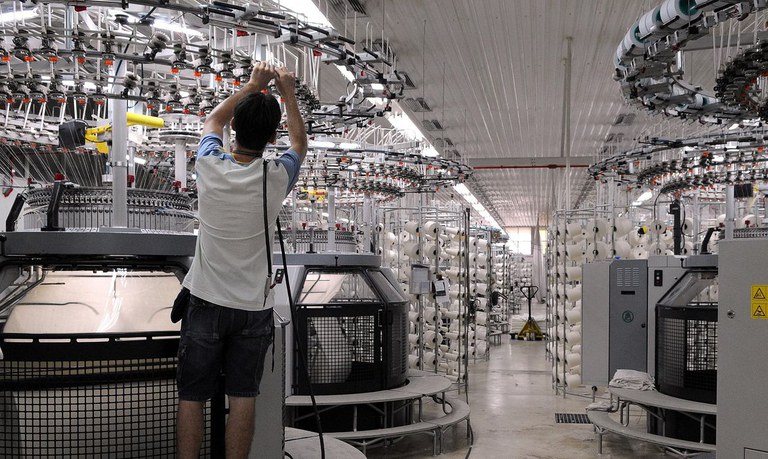LABOR MARKET
Published on 07/02/2021 12:11 PM
Government studies strategies to increase the inclusion of young people
It is estimated that around 38% of the economically active population aged 29 and under are informal. - Photo: Archive/Brazil Agency
The informality in the labor market is closely related to the underdevelopment of a country and to outdated and inflexible legislation. In Brazil, it is estimated that around 38% of the economically active population aged up to 29 are informal. The Federal Government has been looking for strategies and mechanisms to reverse this situation.
In the technical note "Youth and informality in Brazil: is it possible to reduce the barrier to entry into the formal labor market?", released by the Ministry of Economy, the Secretariat for Economic Policy (SPE) shows that the exemption is concentrated on young and less productive workers it can generate a significant impact on the level of employment, greater insertion of informal workers in the labor market and, consequently, greater productivity gains.
The expressive number of young people in informality, as the document points out, is not just a characteristic of an underdeveloped country, but one of the important determinants for local development. According to the study, "the probability of a young person being hired in less developed regions is lower than that of hiring a young person with similar characteristics in more developed regions".
In 2019, in the Southeast, young people had about a 33% chance of being hired, while in the Northeast only 16%. The study also highlights that workers under the age of 29, employed in the informal sector, tend to have lower incomes than those in the formal sector, with the poorest 10% receiving almost 60% less. These chances are further reduced in post-crisis periods like the one faced after Covid-19.
Another question raised by the technical note is “how would the Brazilian labor market behave in the presence of fewer restrictions on entry into the formal sector”? To answer it, the document cites a study by Hugo Jales and states: “the minimum wage policy contributes to increases in the informal sector (by at least 39%), unemployment, average wages, inequality and reductions in the formal sector and in government collection (around 6%). Thus, it can be concluded that the flexibility of the market can increase the level of employment by reducing informality”.
resumption
Among other surveys, the study by the Ministry of Economy asks what to do to change this scenario where young people have less chance of formalization; especially in times of crisis. And he points out that "policies to flexibilize the labor market or stimulate employment can contribute to the process of resumption of economic activities in the post-Covid-19 period, helping a layer of workers with less chance of being allocated to the formal market and, therefore, , contributing to increased productivity”.
The note also attests that a policy focused on less qualified workers and less likely to be hired is justifiable, given the high fiscal cost of a generalized policy and given the expressive effects on employment and formalization.
“Employment concentrated on young and less productive workers can generate a significant impact on employment, greater insertion of informal workers in the labor market and, consequently, greater productivity gains. Lower labor costs and flexibility are not synonymous with maintenance insecurity at work stations”, summarizes the document.
.

 Mr. Alessandro Jacob speaking about Brazilian Law on "International Bar Association" conference
Mr. Alessandro Jacob speaking about Brazilian Law on "International Bar Association" conference